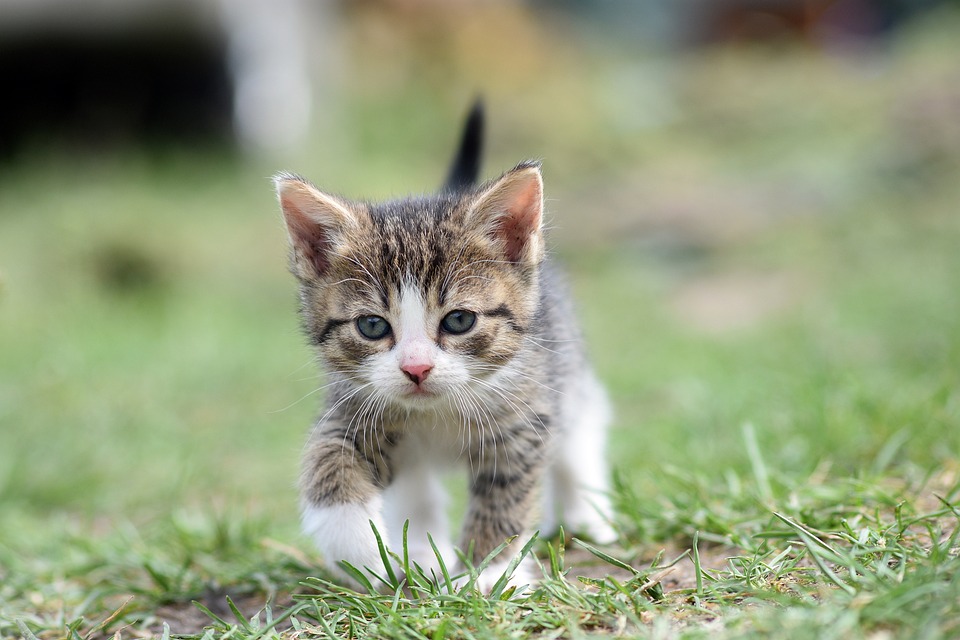Cats are commonly known for their independent and aloof nature, but they can also experience anxiety and stress, just like humans. Various factors, such as changes in routine, environmental triggers, or medical conditions, can contribute to these feelings in cats. Recognizing and effectively managing cat anxiety and stress is crucial to ensure their overall well-being. In this article, we will explore some effective techniques to help alleviate anxiety and stress in cats.
Understanding Cat Anxiety and Stress
Before delving into the techniques, it’s essential to have a basic understanding of cat anxiety and stress. Anxiety in cats is characterized by excessive worrying or fear, resulting in behavioral changes. On the other hand, stress refers to the body’s response to external or internal triggers, leading to physical or psychological tension. Identifying signs of anxiety and stress in cats may include increased vocalization, aggression, excessive grooming, loss of appetite, or withdrawal.
Creating a Calming Environment
Creating a calm and soothing environment for your cat is the first step in managing anxiety and stress. Consider the following techniques:
1. Provide a Safe Space: Cats feel secure in their own space. Create a designated area where your cat can retreat to when feeling anxious. This can be a cozy corner with bedding, toys, and a scratching post.
2. Utilize Pheromone Diffusers: Feline facial pheromones can have a calming effect on cats. Consider using pheromone diffusers or sprays in areas where your cat spends most of their time.
3. Minimize Noise and Distractions: Loud noises and sudden movements can trigger anxiety. Reduce external stimuli by closing windows, playing soft background music, or using noise-cancelling devices.
Promoting Mental and Physical Stimulation
Engaging your cat in mental and physical activities is an effective way to divert their attention from anxiety-inducing triggers. Here are a few techniques:
1. Play Therapy: Regular playtime sessions with interactive toys can help reduce stress and anxiety. Engage your cat in activities that mimic hunting, such as chasing feather toys or laser pointers.
2. Provide Enrichment: Enrichment activities like puzzle feeders or treat-dispensing toys can keep your cat mentally stimulated and provide a distraction from anxious thoughts.
3. Encourage Vertical Space: Cats feel safer when they have access to vertical spaces. Install cat trees, shelves, or perches where your cat can climb, observe their surroundings, and retreat if overwhelmed.
Implementing Behavioral Techniques
Behavioral techniques can help your cat develop coping mechanisms and reduce anxiety. Consider the following techniques:
1. Positive Reinforcement: Rewarding your cat for calm behavior can reinforce positive associations and help reduce anxiety. Use treats, praise, or gentle petting to reward your cat when they exhibit relaxed behavior.
2. Desensitization and Counterconditioning: Gradually expose your cat to anxiety-inducing triggers in a controlled manner, paired with positive experiences. For example, if your cat fears car rides, start by placing them in the stationary car with treats and gradually progress to short drives.
3. Seek Professional Help: In severe cases, consulting with a professional animal behaviorist or veterinarian who specializes in feline behavior may be necessary. They can provide tailored advice and guidance based on your cat’s individual needs.
Frequently Asked Questions (FAQs)
Q1: Can cat anxiety be cured completely?
A1: While complete elimination of anxiety may not always be possible, effective management techniques can significantly reduce anxiety and improve your cat’s quality of life.
Q2: Are there any natural remedies for cat anxiety?
A2: Some natural remedies, such as herbal supplements or pheromone diffusers, can help alleviate cat anxiety. However, it’s important to consult with a veterinarian before using any natural remedies.
Q3: How long does it take for these techniques to show results?
A3: The effectiveness of these techniques may vary depending on your cat’s individual temperament and the intensity of their anxiety. It’s important to be patient and consistent in implementing the techniques.
Q4: Are there any medications available for cat anxiety?
A4: In severe cases, veterinarians may prescribe anti-anxiety medications to help manage cat anxiety. These medications should only be used under professional guidance and supervision.
Q5: Why is it important to manage cat anxiety and stress?
A5: Unmanaged anxiety and stress in cats can lead to various health issues, including digestive problems, weakened immune system, and behavioral disorders. Proper management is crucial for their overall well-being.
Remember, every cat is unique, and what works for one may not work for another. It’s important to observe your cat’s behavior closely, be patient, and consult with a veterinarian or behaviorist for personalized guidance. By implementing these effective techniques, you can help your feline friend lead a happier, stress-free life.








